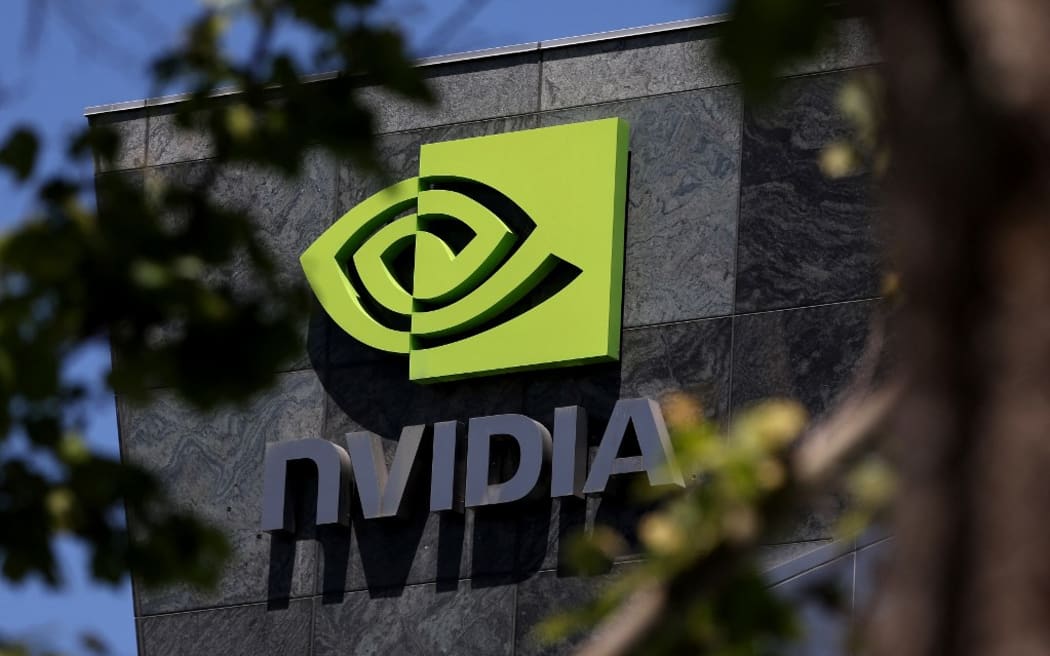Why New Zealand investors want a piece of Nvidia
Nvidia's headquarters in Santa Clara, California. Photo: AFP

New Zealand investors are piling into Nvidia, the world's new most valuable company.
The tech company overtook Microsoft and Apple this week to take the title with a market value of US$3.34 trillion.
The surge in Nvidia's market value has been driven by demand for its chips, which are the gold standard in the AI space.
The company's share price is up more than 170 percent this year and has risen about 1100 percent since its October 2022 low.
Investment platform Sharesies said about 6 percent of its investors held Nvidia. It had lifted to sixth in the "Sharesies Bundle", which looks at the 50 most-owned instruments among its investors, based on the percentage they represent in portfolios.

There had been growth of 90 percent this year in the number of customers invested in Nvidia and 16 percent growth just in May.
"Buy-to-sell ratios have been over 1.5 - meaning for each dollar sold, 1.5 is bought - per week all week of June," a spokesperson said.
"This means we've seen growth in holdings driven by more than just the growth in share price, but also due to more investors investing, and those investors buying up more Nvidia shares."
Head of retail and Devon Funds Management Greg Smith said there was still room for the share price to go higher.
Its lift had been driven by real earnings growth, he said. "There have been lofty expectations but they've been delivering on that. They've ridden the generative AI boom and it's getting real demand."

He said the question would be how well it held on to its roughly 80 percent market share.
A share split had also helped the company, he said, because it made it more accessible to retail investors.
That also increased the chances it could be added to the Dow Jones, he said.
"They're all factors that could potentially drive it higher. Just because worth $3.3 trillion in itself - it's pretty incredible but this is probably a bit different to what we saw during the dotcom phase - it's probably a bit more real. The question is whether the demand we are seeing for the chips runs out or loses steam."
- Additional reporting by Reuters
for ad-free news and current affairs























































